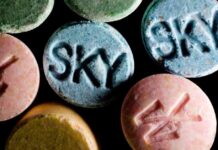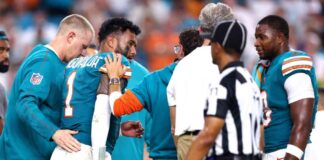The recent shortage of Eli Lilly’s popular weight loss drug has brought to light some concerns about how the Food and Drug Administration manages drug shortages and where it gets its information. This issue is impacting more and more Americans who rely on these medications for their health.
After nearly two years, the FDA finally announced the end of the shortage of Lilly’s tirzepatide, known as Mounjaro for diabetes and Zepbound for obesity. This should have meant that compound pharmacies were no longer able to make generic versions of the drug, as they are only allowed to do so when there is a shortage. However, many regular pharmacies reported that they still did not have access to Lilly’s treatment, leading a group representing compounders to take legal action against the FDA.
In a surprising turn of events, the FDA decided to reconsider its stance and allow compounders to continue producing the drug for the time being. This reversal is unprecedented, as experts cannot recall a time when the FDA changed its decision about a drug shortage in this manner.
This situation highlights the complexities and challenges of managing drug shortages in the United States. It raises questions about the FDA’s communication methods, its reliance on certain sources of information, and its ability to accurately assess the availability of essential medications.
The impact of this shortage goes beyond just the availability of a weight loss drug. It has broader implications for the pharmaceutical industry, healthcare providers, and most importantly, patients who rely on these medications to manage their conditions. The FDA plays a crucial role in ensuring the safety and efficacy of drugs on the market, so any issues with drug shortages raise concerns about its ability to fulfill this mandate effectively.
Moving forward, it will be important for the FDA to address the underlying causes of these oversight issues and work towards improving its processes for managing drug shortages. This will require collaboration with stakeholders across the healthcare industry, including drug manufacturers, pharmacies, and patient advocacy groups, to develop more robust and reliable systems for monitoring and addressing shortages of essential medications.
Overall, the Eli Lilly weight loss drug shortage has shed light on some critical issues within the FDA’s oversight of drug shortages. It serves as a reminder of the importance of transparency, communication, and collaboration in ensuring that patients have access to the medications they need to maintain their health and well-being.


















